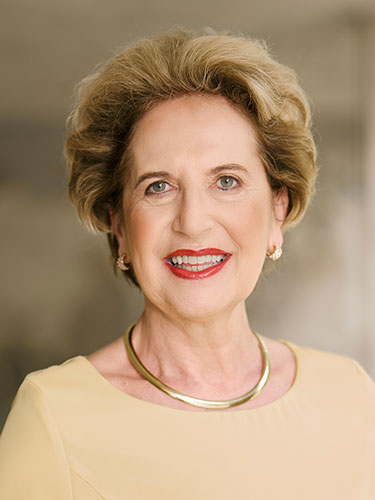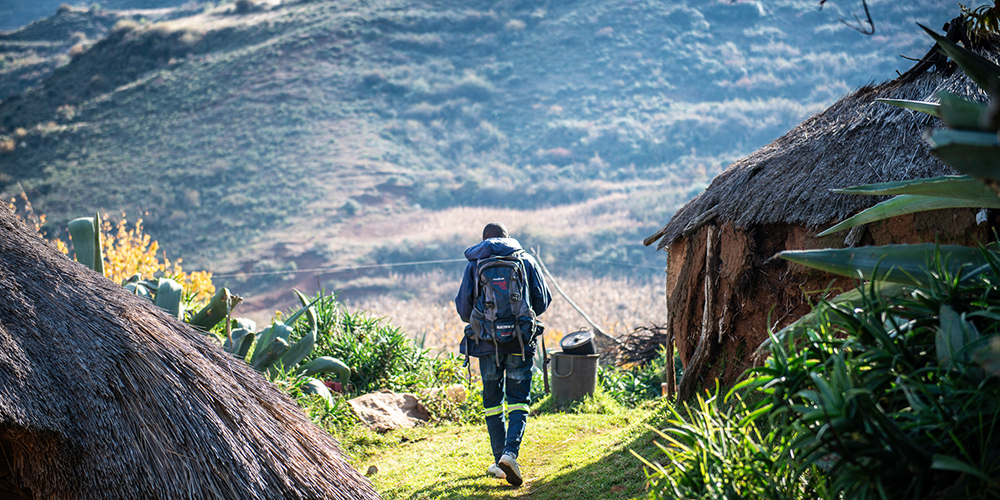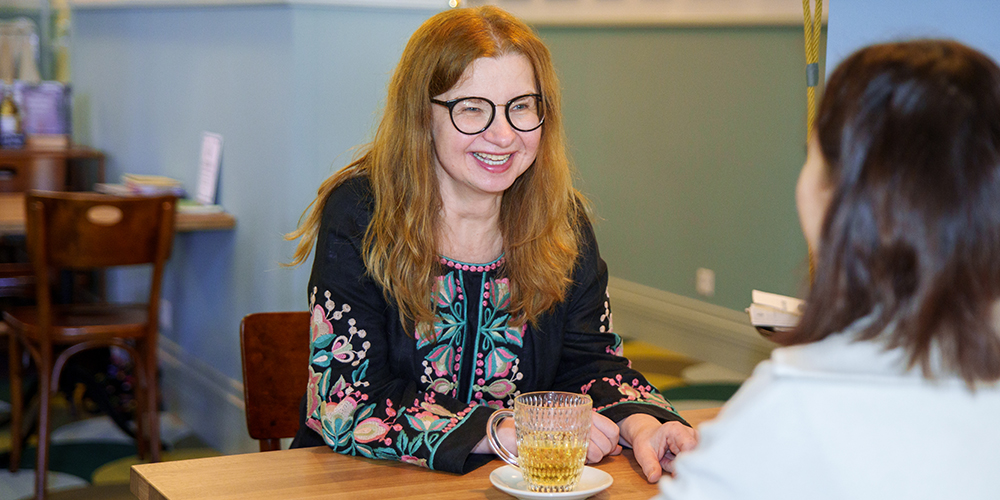Statement by the President
The second Sustainability Report of the University of Basel is appearing in a time decisively shaped by the coronavirus pandemic. As a result, another global challenge has faded from the spotlight of public awareness: the climate crisis. Yet the consequences of climate change are impossible to overlook and touch us all directly: examples include the increase in sea levels, biodiversity loss and food insecurity. The ecological boundaries of our planet are becoming increasingly obvious.
As a university that has made sustainability an integral part of its strategy, we want to make an active and substantial contribution to climate protection and to sustainable development – specifically, to achieving the Sustainable Development Goals (SDGs) and the 1.5°C goal of the Paris Agreement. The Sustainability Report 2019/2020 shows that the University of Basel has resolutely accepted this challenge by pursuing important projects and activities, but also that there are still some areas in which we can improve.
Enormous progress has been made in operations in the last two years. As roughly 50% of the university’s total greenhouse gas emissions are caused by air travel, the «less for more» project was launched in 2020. It aims to reduce flight emissions by 30% relative to the baseline of 2017–2019 and to maintain this reduction after the coronavirus pandemic. Important steps towards a more sustainable energy supply were taken by switching our electricity mix from nuclear power to almost 100% hydropower and by making preparations for two new solar power plants. Students from the Sustainability Working Group (AG Nachhaltigkeit) took charge of the green roofing of university buildings to strengthen urban biodiversity. The AG Nachhaltigkeit was founded in 2020 and has been active in multiple projects since then.
In research, the formation of the «Sustainable Future» research network, connecting scientists from five different faculties, laid an important cornerstone for interdisciplinary, transfaculty projects in the three key topics of energy, (bio-) diversity, and a «sustainable digital world». In teaching, greater integration of sustainability into existing courses was a key topic: courses supported by the «IMPULS» program that focus on skills for achieving sustainability were attended by over 150 students in 11 courses. The numbers of students attending sustainability-related courses to fulfill their elective credit requirements and as part of the Master’s in Sustainable Development also continued to increase.
New actions have been defined for the coming two years to confirm our commitment to sustainable development. I warmly invite you all to participate in this endeavor throughout the university.



